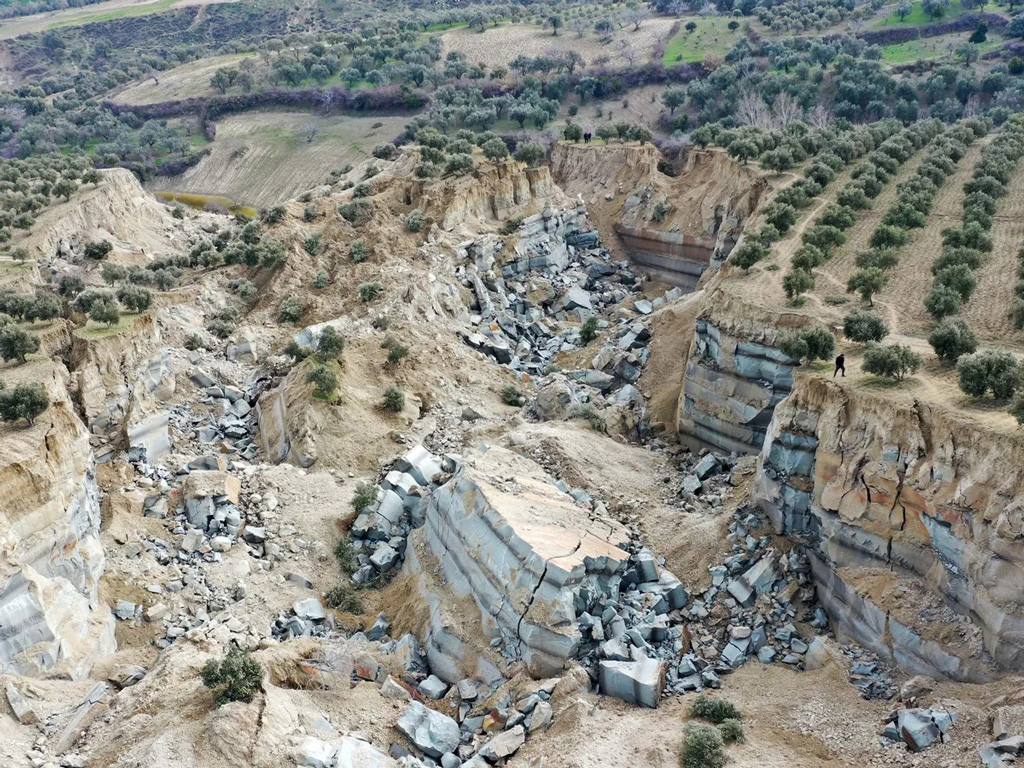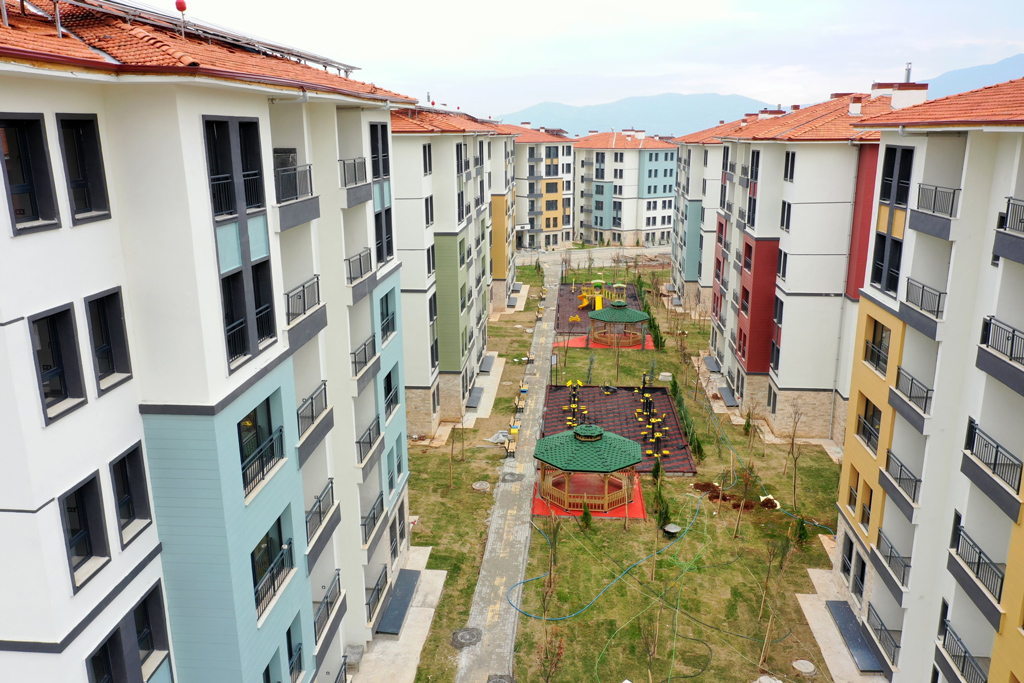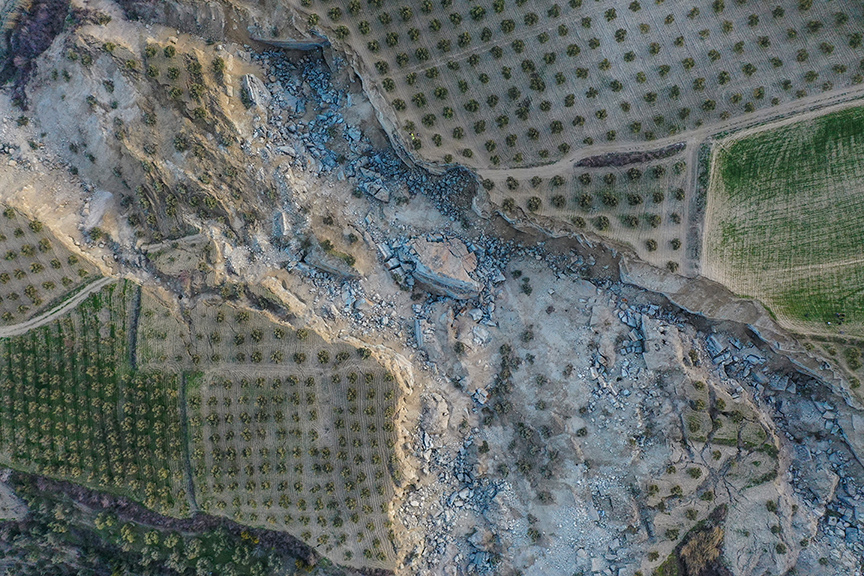
How Turkey's Earthquake Affected the Agriculture and Food Security
Rural development efforts are urgently needed for better food security.
Share
While the long-term effects of climate change continue, the COVID-19 epidemic, which spread at the end of 2019 and continued for almost two years, and the Ukraine-Russia war that followed, have had significant negative effects on agriculture and food security. While these negative effects were gradually decreasing across the world, Turkey was shaken by two devastating earthquakes in the middle of winter. So much so that a “level 4” alarm and an international call for help was made to tackle their effects. In response to this call, aid offers were received from 100 countries, and around 80 countries participated or contributed to the search and rescue efforts with approximately 7,000 personnel.
The first of the earthquakes occurred at 04:17 on Monday, February 6, 2023, with a magnitude of 7.7, centered in the town of Pazarcık in Kahramanmaraş province. The second earthquake occurred on the same day at 13:24, centered in the town of Elbistan of the same province, with a magnitude of 7.6 and 80.2 km from the epicenter of the first earthquake. The most important feature of these earthquakes was that they were very close to the surface at a depth of 8.6 and 7.0 km, respectively, in addition to their magnitude.
Unlike other big earthquakes that have occurred across the world, the fact that these two earthquakes occurred at a depth very close to the Earth’s surface increased their destructiveness and caused the Anatolian peninsula to shift 3 meters to the west. The many images reflected in the media in the form of massive crevices and collapses in the fields reveal the possible effects...
Read more on Politics Today: How Turkey's Earthquake Affected the Agriculture and Food Security
[Politics Today, March 7, 2023]
Tags »
Related Articles






